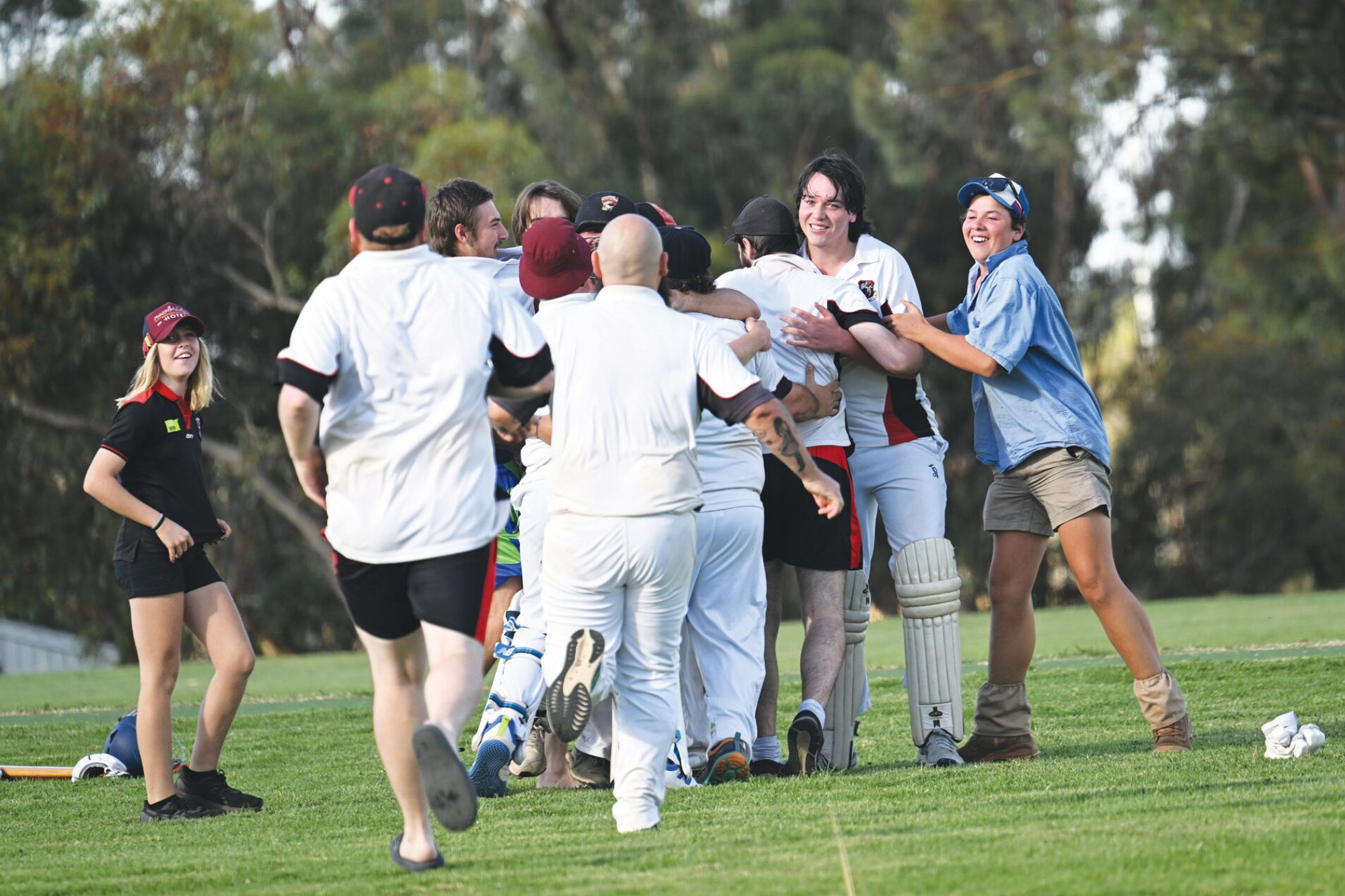Sport
31 March, 2024
SPECIAL REPORT: The summer that fizzled
SCRAMBLING for players and teams, Loddon’s summer sport competitions are being stifled and strangled by the Goliath that is AFL football. Clubs imitating the big league have been in training since last November - barely a month after footy grand...

SCRAMBLING for players and teams, Loddon’s summer sport competitions are being stifled and strangled by the Goliath that is AFL football.
Clubs imitating the big league have been in training since last November - barely a month after footy grand finals were decided.
The quest for an edge securing name recruits, players reaching optimum and peak fitness before the first bounce of the new season and the greater commitment of time by players and families has accelerated post-COVID.
The cracks have emerged and summer sport in the Loddon and right across Victoria, has become a bare shadow of the strength enjoyed even a decade ago.
Many club veterans say players and families now focus on personal time and relaxation over summer, unwilling to make commitments for cricket and tennis after the slog of training twice a week and then match days for football and netball.
“We’ve lost two families this season alone,” said Boort tennis club’s Alister McDougal.
This summer saw more forfeits than centuries in Upper Loddon Cricket Association - reduced to just four teams in both the senior and junior competitions.
Inglewood and District Tennis Association limped through with five teams, the bye team often bumping up others. It even happened in the finals.
Even the stronger Loddon Valley Tennis Association dropped a team when Calivil was unable to muster enough players, particularly women despite the district having a vibrant Saturday morning junior scene.
The accelerated push by AFL Victoria to raise participation in Aussie Rules is having a flow-on effect already in Melbourne. Top private school Haileybury will no longer force students to do both summer and winter sports by 2025, a decision tipped to free talented students up to participate in AFL junior competitions.
Loddon youngsters previously part of junior academy programs like the Bendigo Pioneers have been discouraged from playing summer sport. “They tell us that if we get injured playing summer sport, that’s our fault ... the pressure is there not to play tennis or cricket,” one said.
More than a dozen tennis clubs and almost as many cricket clubs have disappeared across the Loddon in the past 40 years. There are abandoned courts and practice nets at recreation reserves, some themselves long abandoned by winter sports too.
But it is the reduction of participation in summer sport that is raising concern after a summer season that was more a fizzer than a sizzler.
Inglewood tennis association president Aaron Lock said the associations and clubs had to look at options to make the sport more engaging and enjoyable.
“And that may mean scheduling matches away from the traditional Saturday afternoons, freeing up weekends for people. Perhaps we do look at some Friday night rounds,” he said.
Marong Tennis Association - Loddon clubs Derby, Newbridge and Woodstock play in that seven-team competition - did just that this season, bringing all players into Bendigo for one round.
Ironically, Newbridge was the “home side” against Woodstock yet its courts with lighting were not used for the special round.
Instead, members of the two clubs say they are now looking at the possibility of pushing for a twilight round at Newbridge next season, or at least, a round-robin evening for all teams in the area.
According to former Inglewood association president and veteran sportsman Glenn Catto, football is not the only reason summer sport has struggled in recent years.
He says the greater reliance on crops by district farmers puts competing demands of harvest against summer sport schedules.
And Catto also points to the reduction in local farming families and rural properties becoming bigger. “There’s less families on farms these days,” he said.
Catto said the increase in local football clubs recruiting from outside the area had also reduced the available pool of players for summer sports.
“And where once council staff and school teachers lived in the towns and played sport in summer and winter, there’s a lot these days that just travel in to work and then head back home to Bendigo or other towns.
“The loss of these people has taken away potential players and the link for young people to be involved in sport in the community.”
Catto last played tennis two years ago and now devotes his summer focus to lawn bowls. As vice-president of the Bridgewater club, he has seen several younger generation players emerge. “We’ve picked up a few at Bridgewater this season and there was Jack Nevins who headed to Inglewood after that town’s cricket club went into recess.
“There’s also the Dennis boys at Calivil ... younger lawn bowlers who came into the sport after the demise of their cricket club.”
Lock was a premiership coach at Arnold until the Redbacks put their junior cricket side in mothballs this season.
He said junior cricket and tennis had shared players, with youngsters on the field in the morning and the courts in the afternoon.
“There’s also the risk of burnout of youngsters in their 20s when really they should be in their prime,” Lock said.
“But winter sport has been growing continually. Many people are worn out when they finish football or netball,” he said.
“When I was playing football, we didn’t start training until February and that wasn’t even 20 years ago.”
“We need to encourage people new to our towns to be involved, make friends and play sport.”